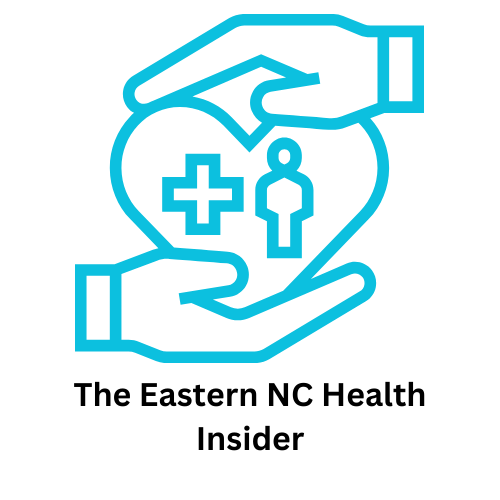
Transforming Healthcare Delivery in Rural North Carolina
In an era where access to healthcare is critical, rural communities in North Carolina are increasingly turning to mobile medicine. This innovative approach aims to bridge the gap in healthcare access, particularly for individuals residing in remote areas where traditional healthcare facilities are often scarce. Mobile medicine services cater to patients at their convenience, offering specialized care that may otherwise be unreachable.
Why Mobile Medicine Matters
For many North Carolinians, the nearest healthcare provider can be an hour's drive away, creating significant barriers to access. Mobile medicine services bring healthcare directly to the patient, dramatically reducing travel time and expense. This approach not only saves time for patients but also ensures that they receive timely preventative care and chronic disease management, which are often neglected due to distance.
Emotional Impact of Mobile Healthcare Services
Beyond logistical efficiency, mobile medicine can significantly impact patients' emotional well-being. Many individuals in rural areas feel isolated from the healthcare system, perpetuating a cycle of neglect when it comes to personal health. Mobile clinics offer a sense of connection, making healthcare feel more accessible and less intimidating. Stories from patients illustrate a renewed sense of hope when they receive care in their own community, often leading to better health outcomes.
Future Opportunities and Trends in Mobile Medicine
The landscape of healthcare is continually evolving, and mobile medicine stands to play a vital role in its transformation. As technology advances, the potential for telemedicine integration with mobile services opens doors to more comprehensive care. For instance, the ability to conduct virtual consultations or remote health monitoring ensures ongoing support for patients, even when they’re not face-to-face with a healthcare professional.
Challenges and Counterarguments
Despite the numerous advantages of mobile medicine, there are challenges that cannot be overlooked. Issues such as funding for mobile units can hinder the expansion of these services. Additionally, some skeptics question whether mobile care can provide the same level of comprehensive services as traditional clinics. Addressing these concerns through community engagement and transparent discussions can help build trust in mobile healthcare initiatives.
What You Can Do
For those in rural communities, supporting mobile medicine can involve advocating for local policies that promote healthcare access. Engaging with local health departments and expressing the need for mobile services can contribute to their viability and sustainability. Furthermore, community members can utilize mobile medicine offerings themselves, encouraging friends and family to do the same, which in turn may prompt further investment in these services.
Concluding Thoughts on Rural Healthcare Access
Mobile medicine is a shining example of innovation driven by necessity, providing critical services to those in need. As awareness grows, so too does the opportunity for better health for rural residents in North Carolina. If you have the chance to support or utilize mobile healthcare initiatives, consider doing so. By taking part, you are contributing to a healthier community for everyone.
 Add Row
Add Row  Add
Add 




Write A Comment